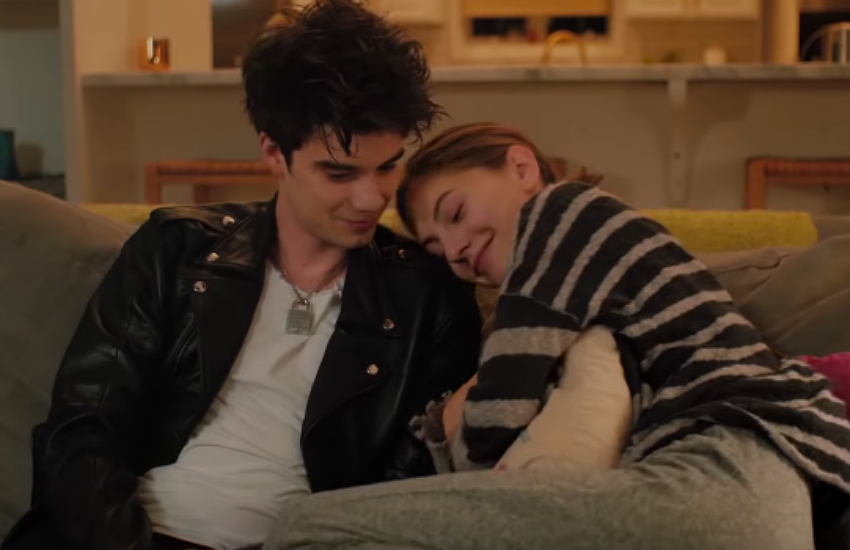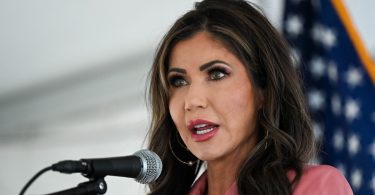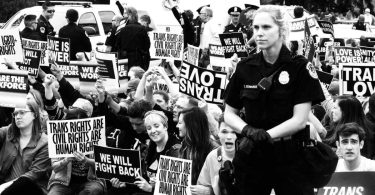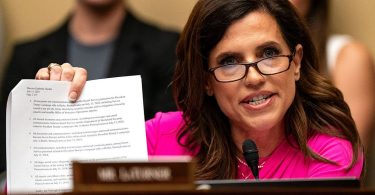Grace defends the homophobia and biphobia represented in Alex Strangelove | Photo: Alex Strangelove trailer
After seeing numerous Instagram advertisements for the Netflix film Alex Strangelove I decided to finally watch it.
It was a beautiful movie. It accurately depicted high school relationships and questioning yourself, while struggling through internalized homophobia and social pressure.
But then I noticed lots of online hate for the film.
Dell’s biphobic remarks infuriated some. Others were upset at Claire’s supposedly homophobic comments toward Alex after he comes out as gay to her.
Most, however, felt cheated by the movie because Alex decided he was gay instead of bisexual or biromantic. They were upset that the movie would therefore not giving bisexual people the representation they deserve.
Firstly: as unfortunate and sick as it may seem, many high school students resemble Dell so much it’s frightening.
In high school, every boy I knew said ‘no homo’ when they’d brush another boy’s hand.
Many who complain about Dell feel he should’ve been left out of the movie altogether.
But wanting to leave out the realistic aspect of LGBTQ+ hate would undermine the serious struggles of LGBTQ+ youth.
This movie thrives because it doesn’t romanticize high school nor fetishize homosexuality.
‘This movie follows confused and confusing teenagers’
Dell’s character arc also seemed quite positive! We watched him go from making biphobic statements in the beginning to celebrating after seeing Alex kiss Elliot.
Setting up the LGBTQ+ teenagers watching this movie to think they’ll get no homophobic remarks or hate directed at them is, unfortunately, unrealistic and damaging to them and their understanding of their sexuality.
More people should recognize that Dell is not the antagonist in the story. He’s simply a representation of an average, closed-minded teenager.
Claire’s homophobic questions to Alex and stating gay people should ‘just know’ their sexuality upset many viewers.
However Claire’s reaction felt fitting to the situation. The person she loved most told her he didn’t love her and had never been capable of it in the first place.
Honestly, my reaction would resemble hers quite closely. Note how she also asked questions in an attempt to better understand Alex and his struggle.
Most conflict over this film has been over whether or not it is guilty of bi-erasure and bi-baiting.
Remember, this movie follows confused and confusing teenagers.
Obviously, bisexuality is a sexuality on its own and not just a stepping stone into homosexuality. But many questioning people feel safer identifying as bisexual or biromantic for a while in order to become more comfortable with their sexuality. This is what Alex seems to do in the movie.
I definitely agree there should be much more bi/lesbian/pan/ace/etc. representation in mainstream media and film. But there also needs to be more gay representation.
‘Every bit of representation… is a huge victory’
The Hollywood film industry is so widely dominated by heterosexual, cisgender relationships that every bit of representation for the LGBTQ+ community is a huge victory.
We’ve already progressed far enough to get cheesy, family-friendly rom-coms such as ‘Love, Simon’ that show healthy LGBTQ+ relationships (not to mention a gay, Jewish love interest who is also a PoC).
This is as well as serious yet lighthearted teen films such as Alex Strangelove and ‘Call Me By Your Name’ that revolve around the concept of sex and sexuality.
Normalizing the production of LGBTQ+ movies in various genres may also lead to more iconic examples of well-made LGBTQ+ stories that include varying sexualities.
I agree that we should get more variety in our representation but I am still beyond excited about Alex Strangelove. It’s a beautiful LGBTQ+ movie that shows a realistic story of figuring our your sexuality. And all the while, brawling with internal (and external) homophobia. Hundreds of queer youth around the world relate to that.
This movie and its tone will doubtlessly reach many LGBTQ+ children and teens and show them their struggles and internal debates are valid and normal.
Read more
Alex Strangelove director on complicated gay characters: ‘We are dirty, messy people’
Netflix’s edgy gay teen sex comedy is delightful but unbalanced






